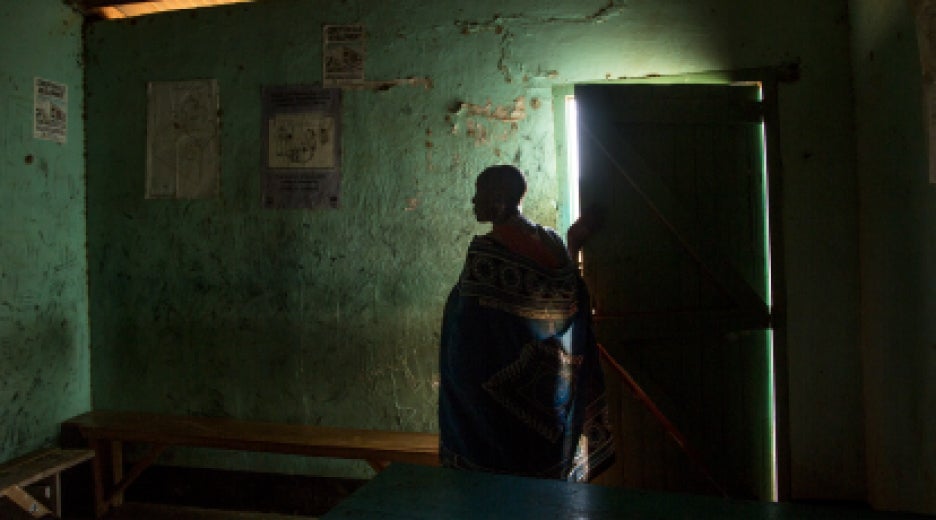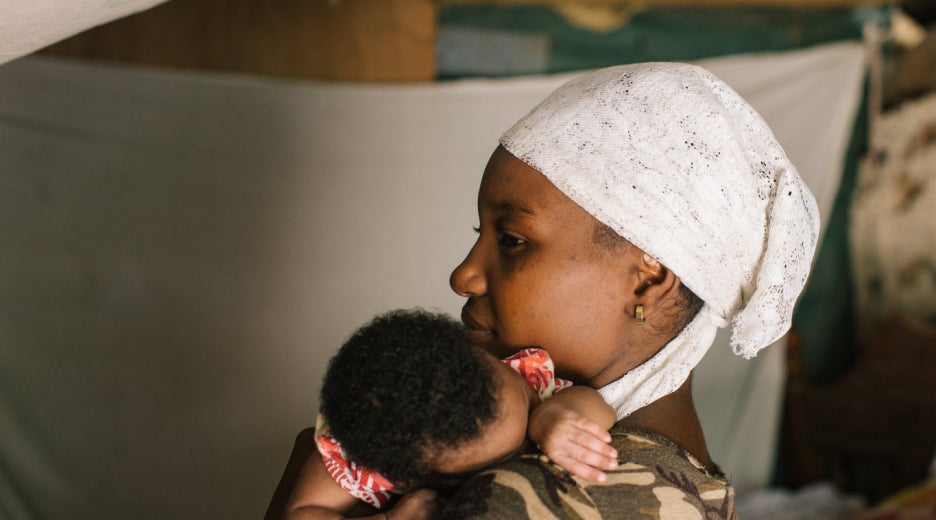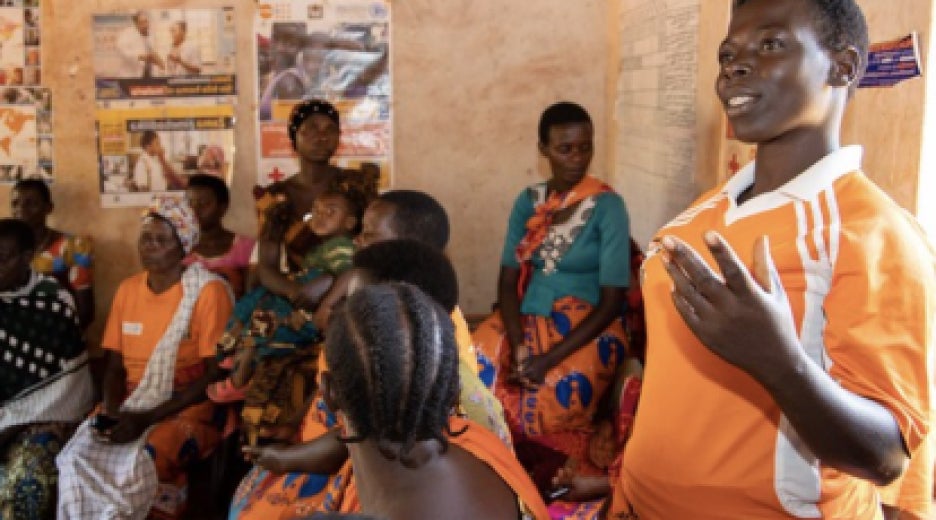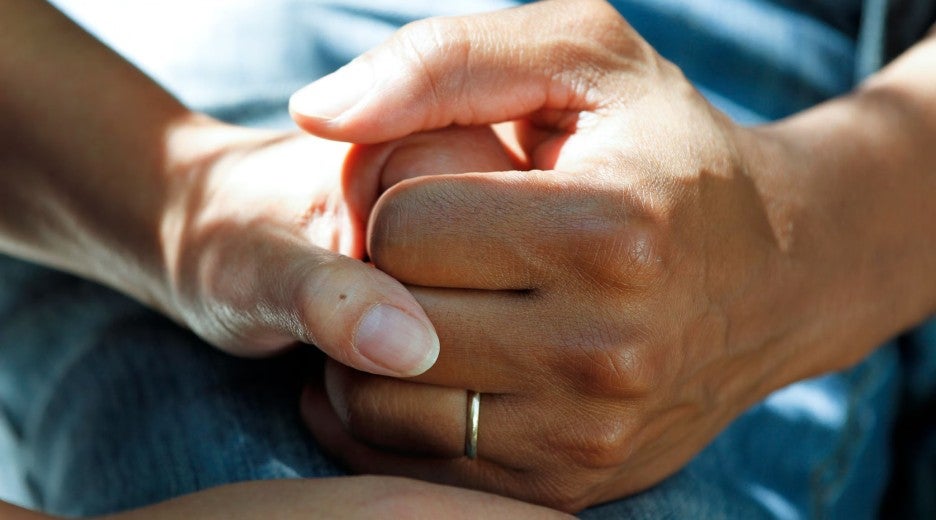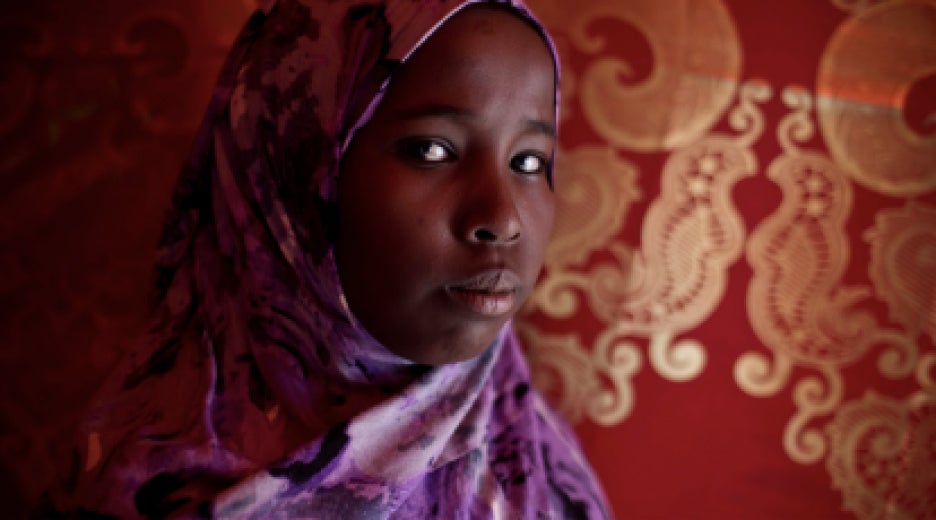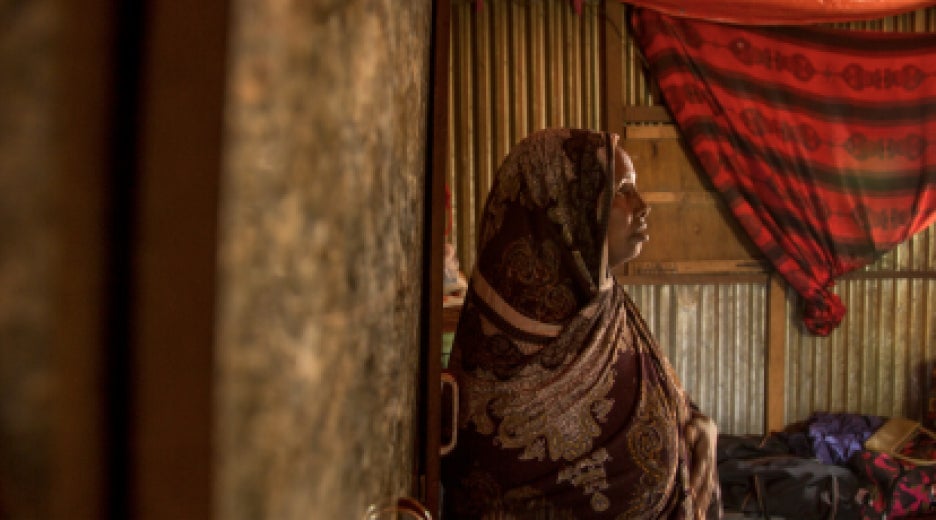Need ideas for your programming? Explore successful implementation examples.
Chile
Ending Abuse and Discrimination against Women Living with HIV.

In Chile, women living with HIV are subjected to widespread abuse and discrimination in health care facilities, including forced sterilization.
In 2002, F.S., a 27-year-old Chilean woman living with HIV, was surgically sterilized without her knowledge by her doctor, who was aware of her HIV status, while giving birth via cesarean section. She suffered significant physical and psychological harms due to her inability to have more children. F.S. filed a criminal case against her doctor, but a Chilean court dismissed it based on a false claim that she had verbally consented to the sterilization – adding to the harms she had already experienced.
Chile is a party to international human rights treaties that protect the right to full and informed consent to contraception and sterilization, and Chilean domestic law requires the patient’s written consent before sterilization can occur. In practice, however, women living with HIV are frequently sterilized without their doctors obtaining written or verbal consent.
A report conducted by human rights organizations analyzed systematic abuses against women living with HIV in Chilean health facilities and made several recommendations for actions that should be taken by the Chilean government to prevent future violations, including:
- Allocating adequate space and time in health facilities to ensure that women living with HIV receive comprehensive and medically accurate counseling and information on family planning, pregnancy, motherhood, and HIV;
- Incorporating CSE into school curricula to ensure access to evidence-based sexuality education to provide adolescents with the information they need to protect themselves from HIV transmission; and
- Disseminating information on laws on informed consent and the rights of people living with HIV/AIDS to ensure that all health care faculties, both public and private, are implementing current laws and policies.
Civil society, donor communities, and human rights bodies can increase demand for government accountability and improve health care access by facilitating data collection on intersectional discrimination (such as discrimination involving gender and HIV) and on violence against women and HIV, and by monitoring reproductive health, family planning and HIV/AIDS programs to ensure that they are efficient, of good quality and respect women’s rights.
After years of negotiation, the Chilean government and F.S. reached an agreement in 2021. Chile agreed to provide reparations to F.S. for the harms she suffered due to her forced sterilization. The government committed to take measures to ensure informed and free (uncoerced) consent for sterilization procedures, including unique protections for people living with HIV. The agreement establishes a compliance-monitoring mechanism to ensure that Chile fulfills its commitments. Cases of noncompliance will revert back to the Inter-American Commission on Human Rights.
Namibia
Ensuring Care for Incarcerated People Living with HIV.

In Namibia, as is the case globally, HIV prevalence in prisons is higher than in the general population, and is currently estimated at 11.5 percent. Incarcerated people commonly experience denial of access to antiretroviral therapy, along with infrequent meals and lack of adequate nutrition.
The Office of the Ombudsman in Namibia has played a critical role in ensuring access to antiretroviral therapy and adequate nutrition for people living with HIV in places of detention. Its staff visited a number of police holding cells and correctional facilities from 2012 to 2019 to verify detainees’ complaints. The Office then convened a stakeholders’ meeting concerning the conditions in police holding cells in February 2019, at which the police agreed to keep a record of detainees living with HIV on antiretroviral therapy, including dates for follow-up medical examinations and receipt of medication, and to make these records available for inspection by complaints investigators from the Office of the Ombudsman.
The police also undertook to ensure that detainees would be provided with regular meals of adequate nutritional value. The issue of inadequate nutrition in prisons was addressed with the Namibia Correctional Service, which consulted a dietitian and developed a new menu catering to all medical conditions. This menu was implemented in all prisons in February 2020.
